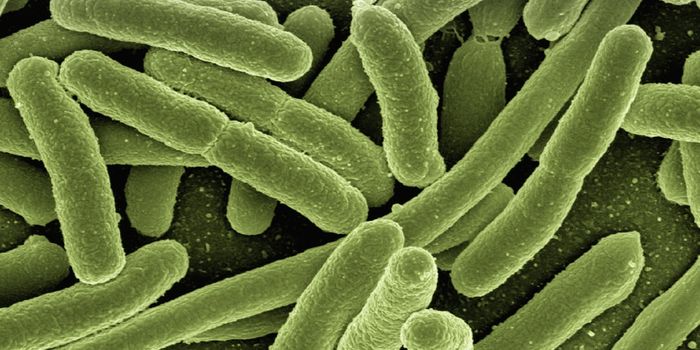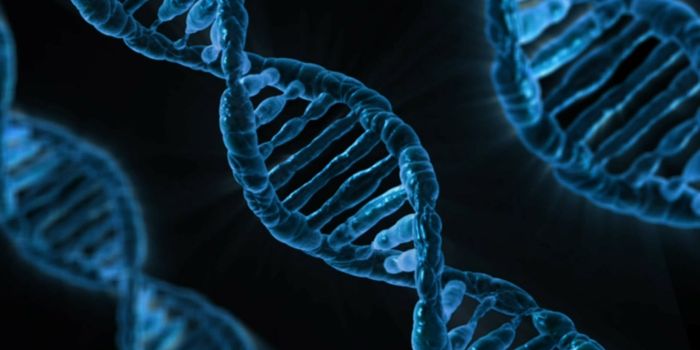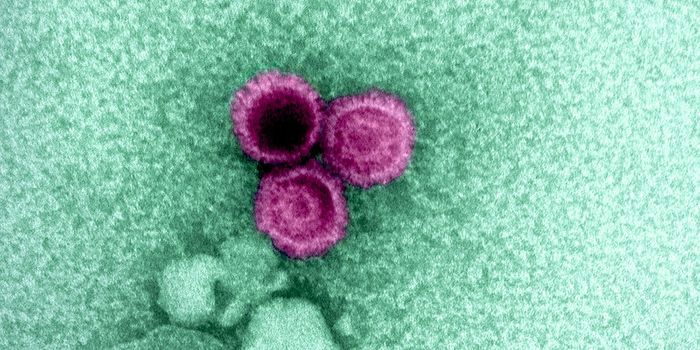A Common Bacterium Can Evolve in the Stomach
Helicobacter pylori, once known as Campylobacter pylori, is a bacterium that’s commonly found in people's stomachs; it’s been estimated that half of the world’s population carries the microbe. These infections may not cause any symptoms at all, but they can also lead to serious complications including cancer. Researchers have now found that the microbe doesn’t only cause a wide range of symptoms, it can also adapt easily.
It often infects people for the first time in childhood. In some people, it can trigger gastrointestinal problems, and it may lead to ulcers if it damages the stomach lining. Chronic H. pylori infections are a leading cause of stomach cancer, but so many people carry it, the bacterium leads to cancer in only about one percent of chronic cases. Scientists wanted to know more about the genetic variability of this microbe, which is likely to be related to why it affects people differently. They found that this variability starts with a person's first infection. The findings have been reported in mBio.
In this study, the researchers were able to use samples that were obtained during a vaccine trial, in which adults were purposely infected with H. pylori. Bacterial samples were collected from two different parts of the volunteers’ stomachs at the start of the study and then again ten weeks later, and the donors were given a treatment to eliminate the H. pylori. Cutting-edge genome sequencing techniques were performed on individual cells from the isolated bacterial samples, and the scientists were able to compare the bacteria from the ‘first’ infection to bacteria that were obtained from the same individuals ten weeks later.
The researchers found that there was a surprising amount of diversity in the microbes after only a few month's time. Many mutations had appeared in the bacterial genomes, and a lot of them showed up in genes that are involved in the interaction between H. pylori and its host. These genes encode for proteins that sit on the bacterial membrane or in its cell wall, so they have a lot of exposure to the cell’s environment.
The bacteria may be evolving in a way that enables it to utilize molecules that can be found in niches of the stomach.
The researchers also identified epigenetic changes in the microbial DNA during the infection’s initial phase. A common epigenetic tag (that is added to the genome and affects gene expression) is a methyl group. H. pylori can produce many enzymes that link to methyl groups on specific sequences of DNA. This work revealed 24 of these connections, some of which may be altering gene expression in the microbe. The study suggests that during the early phase of infection, gene expression and products are changing, potentially in ways that help the bacterium gain a foothold in niches of the stomach.
Sources: AAAS/Eurekalert! via Ludwig-Maximilians-Universitaet, mBio









